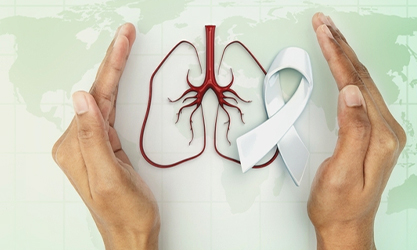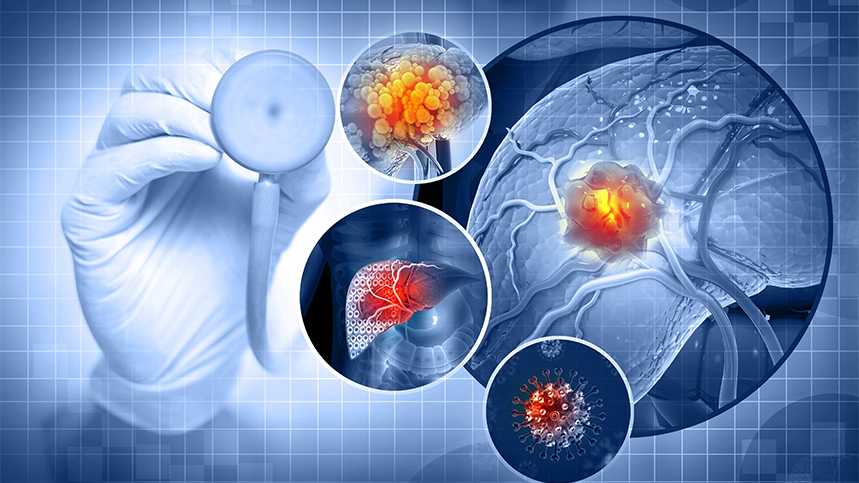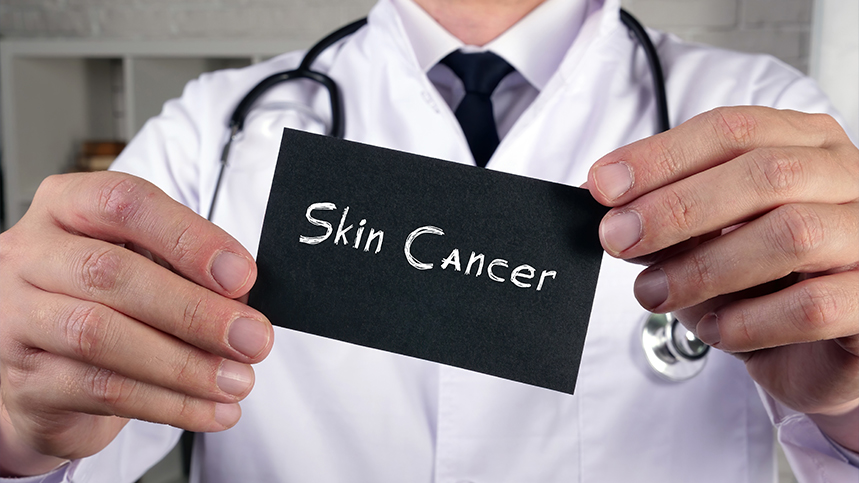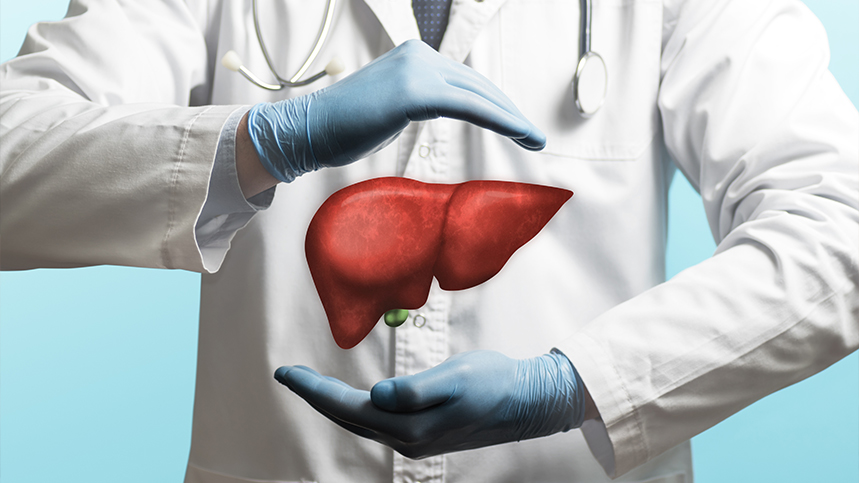

Lung cancer is highly prevalent , life-threatening condition. Cancer is the uncontrollable growth of cells. When there is uncontrolled growth of cells in the lungs, it is called Lung cancer. Understanding the signs and symptoms helps to take proactive steps such as regular health checks to diagnose the cancer in the early stages.
Symptoms of Lung Cancer- Persistent Cough: One of the common early signs of lung cancer is persistent cough, which tends to worsen over a period of time. This can be accompanied by a hoarse voice and a change in the cough's sound or frequency.
- Chest Pain: Lung cancer may cause chest pain that is often described as a dull ache or a sharp, stabbing sensation. This discomfort may worsen during deep breathing, coughing, or laughing. Chest pain is also caused by various other conditions, so analyzing the cause of it, is very important.
- Excessive Weight Loss: In few cases, lung cancer can also lead to unexplained weight loss. This sudden weight loss usually happens without any changes in the diet of the individual.
- Shortness of Breath: As lung cancer progresses, the symptoms of breathlessness or shortness of breath also tend to increase. It can occur during physical activity or even during rest.
- Fatigue: Generalized weakness or fatigue is also an early sign of lung cancer. It is typically characterized by low energy, weakness, and tiredness.
In severe cases of lung cancer, some people also tend to experience symptoms such as coughing up blood.
Diagnosis- Imaging Tests: Diagnostic studies play a pivotal role in the early detection and diagnosis of lung cancer. Imaging tests such as chest X-rays, computed tomography (CT), Magnetic Resonance Imaging (MRI) and positron emission tomography (PET) scans can help visualize the lungs and identify any abnormalities or tumors.
These tests provide clear insights into the extent and location of the cancer, which helps the doctors to develop an effective treatment plan. - Biopsy: It is a procedure in which a small amount of tissue is extracted from the lungs or nearby lymph nodes and is examined under the microscope. It is usually performed through minimally invasive procedures like bronchoscopy or needle aspiration.
By analyzing the biopsy sample, doctors will determine the specific type and stage of lung cancer, which also helps in making personalized treatment plans for the patients.
Treatment- Surgery: Surgery is often considered as a treatment option if the lung cancer is localized and has not spread to other parts of the body. Based on the severity or stage of lung cancer, different procedures like lobectomy, pneumonectomy, or wedge resection are advised to remove the cancerous lung tissue. Surgical intervention is usually followed by other treatments such as chemotherapy or radiation therapy for better treatment outcomes in the patients.
- Chemotherapy: Chemotherapy utilizes various drugs to kill cancer cells or prevent them from multiplying. These drugs are given either intravenously or orally (in the form of pills). They are usually given before surgery to shrink tumors or after the surgery to destroy any remaining cancer cells. Some of the common side effects associated with chemotherapy are hair loss and nausea. Advancements in the field of medicine, has led to the development of targeted therapies, which help in reducing the damage to the surrounding healthy tissues.
- Radiation Therapy: High-energy X-rays or other radiation sources are used to target and destroy the cancer cells. It is often performed alongside surgery or chemotherapy to enhance treatment efficacy. Also, radiation therapy can reduce the symptoms of pain or shortness of breath, in advanced cases when complete cancer eradication may not be possible.
Early diagnosis of lung cancer is essential for improved treatment outcomes and patient prognosis. Diagnostic studies aid in detecting lung cancer at earlier stages when there is a better chance for recovery and treatment. Advanced imaging techniques like CT scans and PET scans enable healthcare professionals to identify even small tumors or suspicious lesions that may not be visible on a routine chest X-ray.
Recognizing the symptoms, undergoing diagnostic studies, and exploring treatment options are crucial steps in effectively managing lung cancer. If you experience any of the symptoms such as severe cough, associated with sudden excessive weight loss, fatigue or shortness of breath, consult your doctor and get your diagnostic tests done at the earliest possible. To book your test at AMPATH labs, click here.
WANT TO BOOK HEALTH CHECKUP ?
Recent Blogs
Understanding Hepatocellular Carcinoma: Diagnosis and Staging
Hepatocellular carcinoma (HCC) is a type of liver cancer that usually affects individuals...
30-11-2023
Protecting Your Skin: Vital Tips for Sun Safety and Self-Examinations
Summer is here, and we all are ready to soak up some sunshine after long and dreary winter...
30-11-2023
Preventing Liver Cancer: The Role of Hepatitis Vaccination
Liver cancer is a deadly disease that affects millions of people worldwide. While there...
30-11-2023









